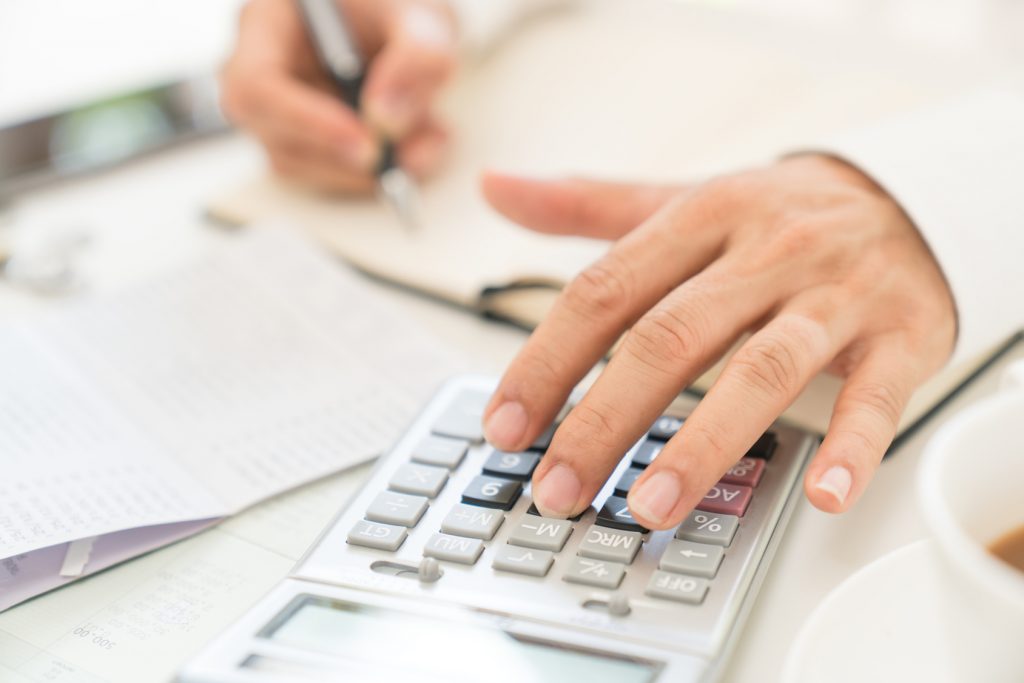What is a Charging Order?
A creditor may seek to have the Court issue a Charging Order against a debtor’s house, land or other property so that an unsecured debt may be turned into a secured debt via a charge on the debtor’s property.
In doing so the creditor is looking to protect its interests by securing the debt against the property in case the debtor should subsequently decide to enter an individual voluntary arrangement or declare bankruptcy. Normally, the Court initially issues an Interim Charging Order to afford time for the debtor to challenge the debt or to reach an amicable agreement with the creditor in relation to discharging the debt. Should no such accommodation be reached, the court will in due course grant a Final Charging Order to the creditor enabling it to change the status of the debt to a secured debt.

If the debtor does not repay the debt to which the charging order relates, it is possible for the creditor to obtain an order for sale from the Court to force the repossession of the property, although this action is relatively rare. If the debtor discharges the debt, then the court will remove the charging order on a relevant application.
Timing & Knowledge of Bankruptcy Petition
Where a bankruptcy petition is presented against a debtor and an interim charging order has already been granted to a creditor, the question arises as to whether the court will award a final charging order or adjourn the hearing of the final charging order until after the bankruptcy order has been made (or not, as the case may be).
If either the creditor (who is seeking the final charging order) or the judge (conducting the hearing relating to the final charging order) are aware of the bankruptcy petition, then the proper course of action is for the judge to adjourn the final charging order hearing until the bankruptcy court has made an order for bankruptcy (or not, as the case may be).
If however neither the creditor nor the judge are aware of the bankruptcy petition and a final charging order is granted, then that final charging order is valid and the creditor is entitled to retain the security they have acquired, provided that they acted in good faith, for value and had no notice of the bankruptcy petition.
Vesting of the Bankrupt’s Assets
The date of a bankruptcy order triggers the commencement of the bankruptcy for the purposes of section 278 of the Insolvency Act 1986 (IA1986). In effect this means that the date of the bankruptcy order (and not the date of the petition) is the date of the vesting of the bankrupt’s assets. Under the IA 1986, dispositions between the presentation of the bankruptcy petition and the subsequent bankruptcy order are not capable of being avoided under s284 IA 1986, in relation to a recipient acting in good faith, for value and without notice of the petition.